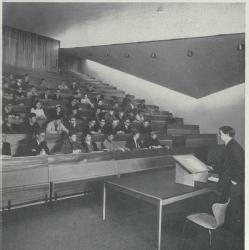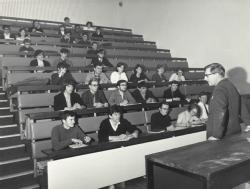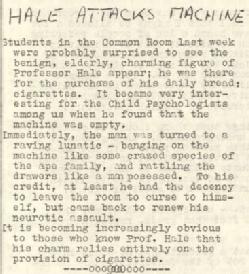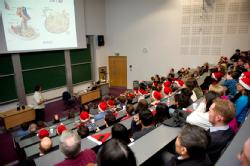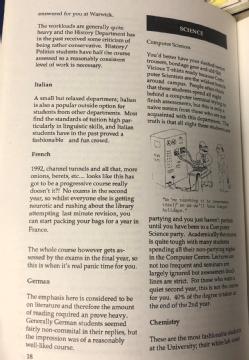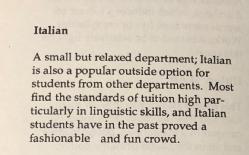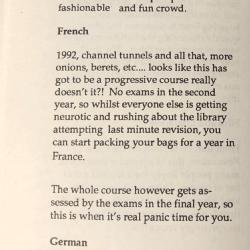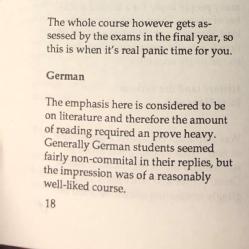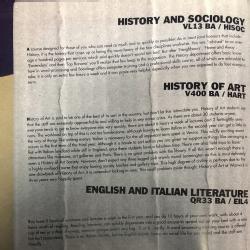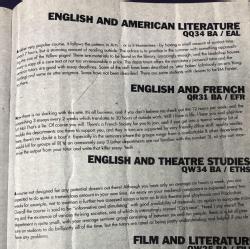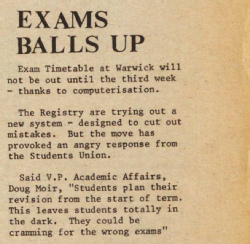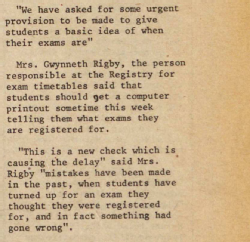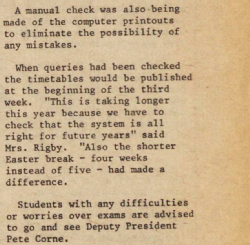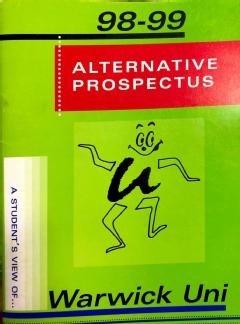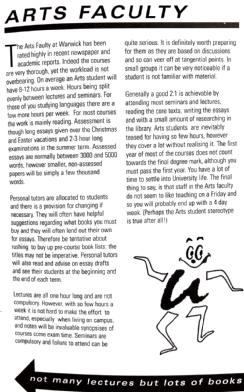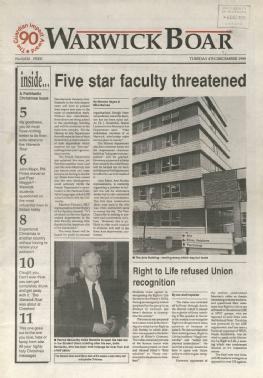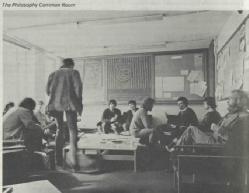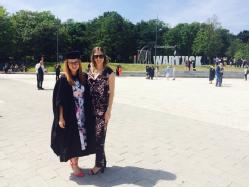Academic Experience
Many interviewees commented on academic experience. The overall image of the Arts Faculty’s departments was that its lecturers are engaging, emphasise on a student-lecturer friendly relationship and are there to keep you on course if you are in need. They also said that their courses were engaging and academically stimulating no matter what the module.
It
was surreal as someone doing a French and History degree, my home
department was French back then it hadn’t yet become federated as
the school of Modern Foreign Languages, so it was still very much its
own little department, um, it was very friendly. I
remember almost somehow almost miraculously from about the second
week, the secretaries knew you by name.
I don’t know how they managed to do it, but you would walk in to
like sort out some admin stuff and they would immediately know who
you were. It was almost scary.”
Andrew, French and
History, 2009-2013
I
think the department
is really forward-thinking
because when I started we did
“Making History” which was a bit of a marmite module but it got
us working on theoretical stuff which I thought was really good for
us to do.”
Ellie King, Joint
Oxford and Warwick PhD candidate
I
remember, I
was really struggling with one of the literature modules and he
basically said what can I do,
what am I not doing essentially and he sat down and said here are
some books to help you, here’s what we’re looking at. Look at
that and you’ll be fine essentially.”
Alumni
A common question asked was whether they thought Arts degrees were still important in today’s society. Everyone asked responded with a YES and an emphasis on the answer. They had various reasonings being that STEM degrees aren’t for everyone or that their needs to be a balance in the new consumer money making habit, which artistically educated intellectuals can give.
Can’t
have everyone doing STEM subjects
because firstly they’re not for
everyone so, if you try and pigeon hole everyone into a certain path
then you’re going to be missing out on a lot of making the best of
a lot of people’s skillsets that aren’t necessarily sciences. And
they
can bring a lot of value to people’s lives.” Alumni
There
is always a bit of banter of course, over whose degree is worth the
most or the least. History used to just about get away with being
considered the most useful of the arts subjects, so I was alright but
those
who did English and Creative Writing used to get hell of a time for
their degrees.
I remember, one of my Maths friends,
he did a philosophy module so he had a reading week, and so he made a
point of sitting in our common room reading for an hour, like ‘look
I have had my reading week’!”
Pierre,
BA French and History 2011-2015

